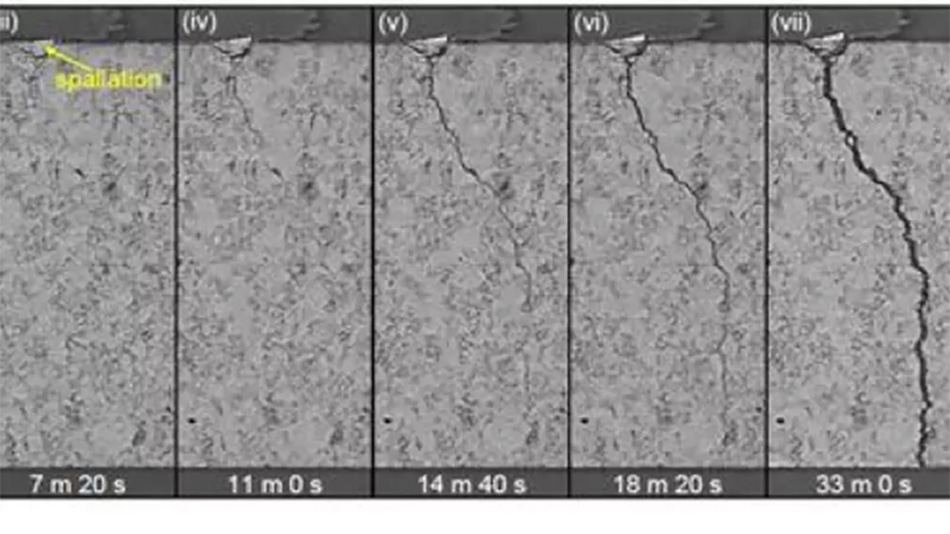New Study Reveals Cause of Lithium Metal Solid-State Battery Failure

As more people and countries now use electric-powered vehicles, discussions regarding their batteries will inevitably come into focus. The batteries must be more reliable energy storage devices since the vehicle’s power source needs recharging instead of refilling.
Batteries for electric vehicles (EV) differ from traditional batteries used by standard gas- or diesel-run vehicles. Electric vehicles use lithium-metal-based solid-state batteries (Li-SSBs) with higher energy densities. Moreover, they have solid electrolytes and lithium metal anode instead of flammable liquid electrolytes. Solid electrolytes improve safety, while lithium metal ensures the battery can store more energy.
Although the solid-state lithium battery seems like the perfect power source, some issues develop during battery charging, which can cause short circuits and battery failure.
A new study on why lithium metal solid-state batteries fail
Researchers at the University of Oxford conducted a new study to determine why Li-SSBs fail. Accordingly, lithium dendrites form while charging the battery, and this material penetrates the ceramic electrolyte, causing battery failure.
By definition, lithium dendrites (Li dendrites) are metallic microstructures forming on the surface of the negative electrode when you charge the battery. They form when extra lithium ions accumulate on the anode surface because the anode cannot absorb the ions fast enough.
In the new study, the researchers revealed the mechanisms that make batteries fail. If they can overcome the issues with solid-state batteries using lithium metal anodes, they can improve the EV battery’s performance, safety, and range. Success with the car battery will help advance the technology for electrically-powered aircraft.
Discovering the dendrite failure
The researchers used an X-ray computed tomography, an advanced imaging technique, at the Diamond Light Source. The facility is the national synchrotron in the UK. It works as a giant microscope that harnesses the power of electrons to produce bright light that researchers can use to study almost anything.
With the help of the Diamond Light Source, the researchers viewed the dendrite failure in great detail while the battery was charging. The imaging technique showed that the initiation and propagation of the dendrite cracks are different processes. Separate inherent mechanisms caused them.
They saw that the dendrite cracks initiate when lithium builds up in the sub-surface pores. As the pores become full, continuing to charge the battery increases the pressure, which can cause cracking. On the other hand, propagation begins when lithium only fills the crack partially via a wedge-opening mechanism that forces the crack open from behind. The new knowledge from the research of the University of Oxford team leads the way to overtake the technological problems of Li-SSBs.
According to Sir Peter Bruce, the study’s corresponding author, they hope their study will help produce better solid-state batteries. Their study proved that although pressure at the lithium anode is good for avoiding the development of gaps, too much pressure can also create damage because it can lead to dendrite propagation and short-circuiting during charging.
The research, which is part of the SOLBAT project of the Faraday Institution, led them to in-depth investigations to know why short-circuiting occurs in solid-state batteries. The insights from the study will lead to using new materials for better consumer electronics, aircraft, and transportation batteries.
Faraday Institution CEO, Prof. Pam Thomas, said that the various research of SOLBAT aid in understanding the failures of solid-state batteries and help improve the development and creation of more powerful commercial batteries through better technology.
